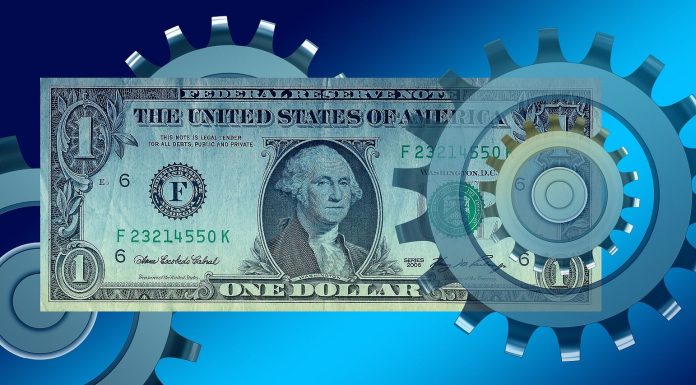(Daniel Moss, Bloomberg) The Taliban may have swept Afghanistan, but they haven’t yet conquered its financial system, big parts of which rest on support from outside the country.
The U.S. has a heavy hand in the multilateral organizations that dictate the flow of international aid upon which this shaky economy relies. Americans may be evacuating, but the dollar’s influence will remain.
The International Monetary Fund, whose largest shareholder is the U.S., denied the Taliban access to reserve assets Wednesday, days before Afghanistan was set to receive almost $500 million.
That came a day after a Biden administration official confirmed the U.S. froze nearly $9.5 billion belonging to the central bank and stopped shipments of cash to the nation.
The IMF said the decision reflects the Taliban’s lack of international recognition, but it’s hard not see America’s hand behind this refusal.
Afghanistan’s dire economic state thus gives the U.S. substantial leverage. At the end of 2020, a majority of bank deposits were in foreign currencies — even if those weren’t dollars, there’s a good chance any exchange would eventually require swapping into them.
So while the Taliban might not be fully responsive to traditional financial diplomacy, few sources of cash are as reliable as ones tied to the U.S.
…
The Taliban could also get money from China or Russia, assuming the latter would consider re-engaging after the Soviet Union’s own military debacle there in the 1980s. Even Vladimir Putin acknowledges the buck is so key to global commerce that it’s tough to function without it.



